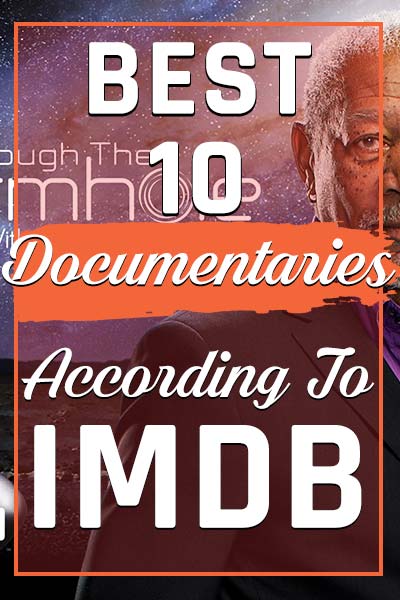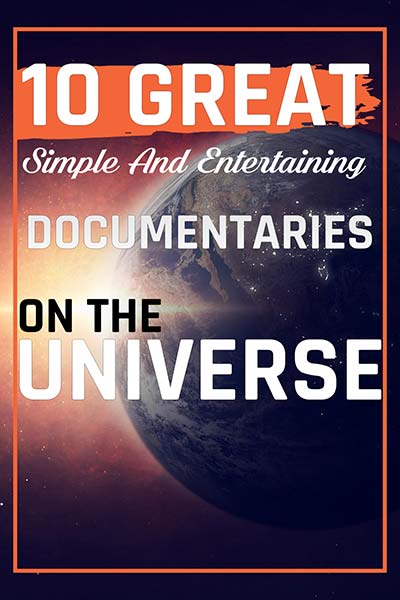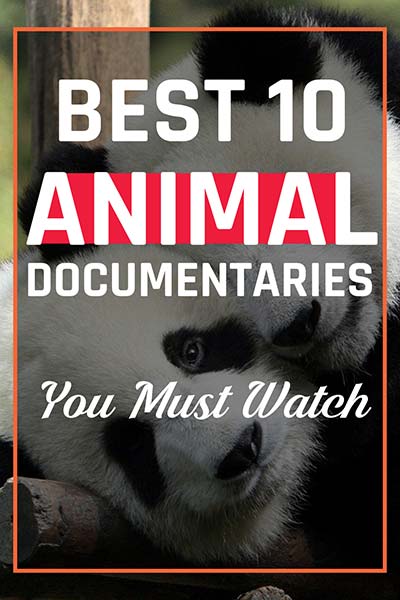Some of them are scientific, telling the story of the universe, nature, and human beings. Some are philosophical, discussing many existential questions. Some are war history chronicling the most important wars that humans have fought or police investigating facts about the perpetrators of crimes…
10 – The Curse: The Life and Death of Robert Durst (2015)
A police documentary investigating the disappearance of the wife of US billionaire businessman Robert Dorset, where the producers tried to find answers to the charges against Robert Dorset about his involvement in more than one murder, including the murder of his wife. In the series, we see the sequence of investigations, police compilation of evidence, footage collected by police from crime scenes, archival interviews of those who have experienced the incidents being investigated, and contemporary scenes of those who have not forgotten the details of those incidents. Perhaps the main reason for this series is not only the detective story but the narrative that so much resembled the thrill of Hollywood movies, the followers watch the series in its last episode Robert Dorset talking to himself without attention to the open microphone and says “Yes, you killed them all of course ”.
9 – Long Way Round: 2004
A television documentary series documenting the journey through 19,000 miles (31,000 km), the journey of Ewan McGregor and Charlie Borman from London to New York aboard their motorcycles, traveling east through Europe and Asia, passing 13 countries, starting from the United Kingdom, then passing through France, Belgium, Germany, Czech Republic, Slovakia, Ukraine, Russia, Kazakhstan, Mongolia, Canada, and the United States of America, New York City.
By following the movement of Ewan and Charlie, the series went through what they saw in every country, visited them, treated them with the local people, what they tried to eat in each country, and so it was a pleasant cultural experience for everyone who watched its episodes.
8 – Frozen Planet (2011)
In its 9 episodes, the series attempts to focus on life in the Arctic and Antarctic, where it depicts and monitors polar animals such as polar bears, wolves, penguins, and seals, as well as the lives of humans living in those areas.
One of the major criticisms of the series is its lack of focus on climate change and the impact of global warming. In some areas, as summer enters, they have not been adequately covered and separated. The second is the bears’ birth scene, which took place in a Japanese zoo where it was edited in a way that shows the scenes, and this was filmed in the Arctic. And that the accompanying comment was clear.
7 – The Blue Planet (2001)
One of the most fascinating series in the history of the BBC’s production, the series was described as being “the most comprehensive in its history of the oceans and their organisms.” The 9-episode documentary series (every 50 minutes) has been extensively researched for a long time. In order to set up it.
Full 5 years is the time it took to prepare for that series, 400 days filming in 200 different locations. Her voiceover was presented by Sir David Attenborough, one of the UK’s most prominent voice commentators, who won the British BAFTA more than once and was chosen in 2002 as one of Britain’s 100 Greatest Persons in a vote in Britain.
Imagine the series and explain a lot about the oceans and their living organisms, whether fish, plants or other, has been in the follow-up to the beings such as whales, penguins, squid. The Blue Planet series has won various Emmy awards, as well as the BAFTA Award for Music and Photography.
6 – Human Planet (2011)
As different environments and people live, they adapt to the environment they live in as much as they try to change. So in each episode of this series we see how the nature of life differs for humans from different environments, those from the Arctic and those from the desert, humans from the forests. Coastal areas and others of mountains and pastures.
Throughout the 8 series, we see the best description of humankind and its relationship with nature by showing great ways in which humans adapt to life in diverse environments on Earth. The BBC research team has spent three full years in more than 40 countries making 70 video stories of human adaptation to the environment. The series was nominated for seven awards at the British “BAFTA” festival, to be the most nominated for the awards in the year of production, and to win two of these seven.
5 – Life: 2009
A series of 10 episodes produced by the BBC, the series from Darwin’s Theory of Survival and the ‘Struggle for Living’ concept, took a central concept in her research, in which she attempted to explore the unusual behaviors of animals that only behave in her struggle. for survival. The first of the series was broadcast on October 12, 2009, and watched 6.5 million worldwide. This episode was a prelude, compilation, and presentation of examples from different animals and beings in their struggle to search for food, where the unique ways of some dolphins in hunting, the way chameleons in ambush, and the fish that flies to escape from his enemies.
Filmed over four years with a budget of £ 10 million, the series has been commented and presented by David Attenborough. Another highlight of the series is the last 10 minutes at the end of each episode.
4 – The World at War (1973)
The search continued only to produce this series for nearly four years, whose impact was the success of the preparation team in conducting dozens of interviews with allied or Axis military personnel, including accounts of civilian eyewitnesses, conscripts, officers, and politicians.
This program is one of the most accurate documentary series in its depiction of World War II. This series (26 episodes) chronicles the events of the Second World War in the finest detail. It cost the production time of approximately 900 thousand euros, a figure that has not been produced by documentaries before. The series has been very popular and is a landmark in the history of British television, in a referendum on the 100 greatest programs in British television history ranked 19th.
3 – The Universe (Cosmos: 1980)
Cosmos premiered in 1980 and was co-author of his episodes at the time, the famous astronomer and astrophysicist Carl Sagan, whose goals in life were to spread science among the public. Sagan has already succeeded in inspiring and creating passion and love for science, including Neil Tyson, who will present The latest from Cosmos then in 2014.
The series revolves around the discovery of the universe, giving viewers a simplified look at what is happening and the scientific interpretation of those events. The series received the highest viewership in the United States, and was published in more than 60 countries where it was watched by more than 500 million viewers, and won the series Emmy Award.
2 – The Cosmos: A Spacetime Odyssey: 2014
“The deeper you know the universe, the more you find out that you’re more ignorant.” That may be the main message of the Cosmos episodes, you are just a tiny dot for everything happening in the universe, and how much fun it would be if you board a spaceship with Harvard astrophysicist. Neil Tyson travels through the universe where he explains in his fun way everything that happens around you, combining information with anecdotal narrative with emotion that allows you to see the universe completely differently.
The cost of producing this huge program was about $ 8.5 million, and this is the second and most advanced version in terms of display technology and the science of Cosmos, after the first version presented by the world Carl Sagan in the eighties of the last century.
1 – Planet Earth: 2006
One of the most popular documentary series, the BBC’s series, talks about the various wildlife on the planet.




